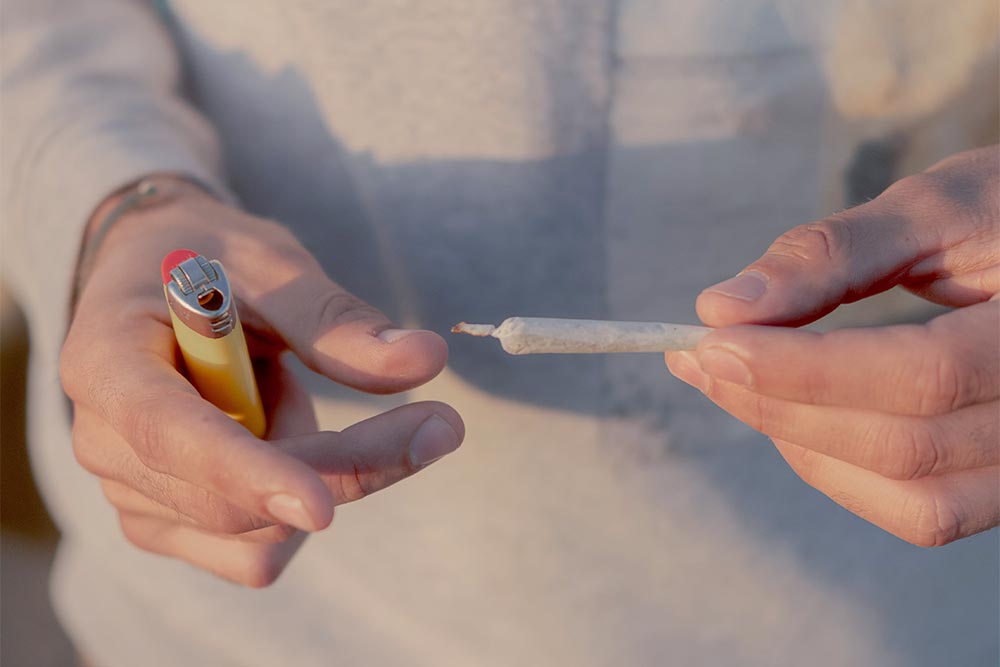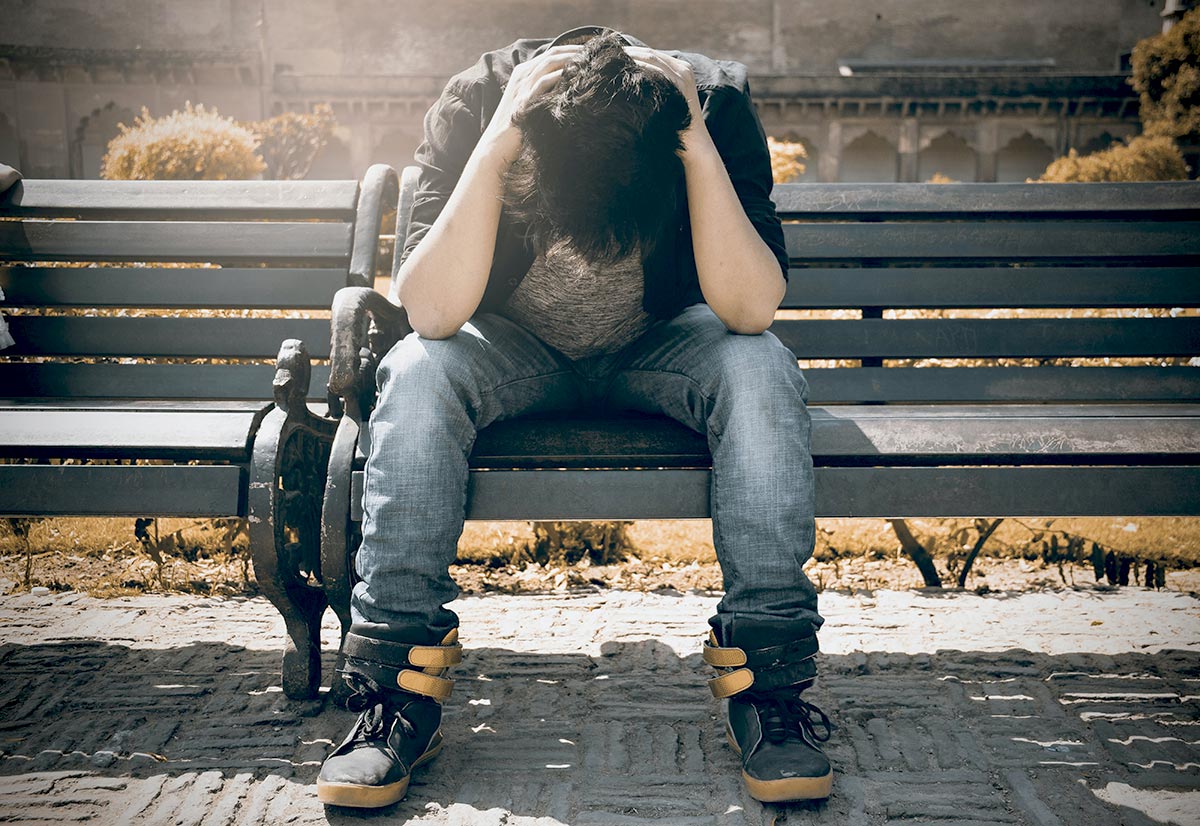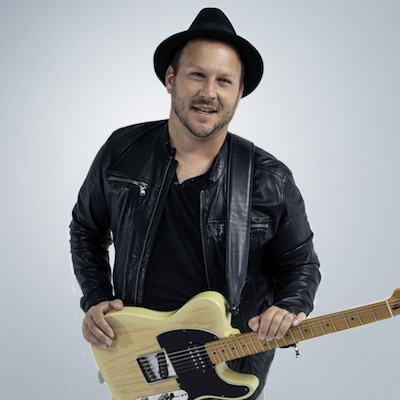The Link Between Cannabis Use and Schizophrenia
![]() Andrea Wagner
on
November 21, 2023
Andrea Wagner
on
November 21, 2023
 Cannabis is one of the most frequently used drugs in the United States, with an estimated 18.7% of the U.S. population using at least occasionally. That’s more than 52.5 million people. Cannabis and marijuana are more and more often accepted as a relatively safe drug for medical and recreational use. Yet, heavy use is also more and more often linked to behavioral health disorders like schizophrenia and paranoia. Schizophrenia is a complex mental health disorder linked to genetics, but research shows that cannabis use could trigger dormant schizophrenia. For that reason, it’s important that you be aware of the risks and how they might affect you or your loved one before using.
Cannabis is one of the most frequently used drugs in the United States, with an estimated 18.7% of the U.S. population using at least occasionally. That’s more than 52.5 million people. Cannabis and marijuana are more and more often accepted as a relatively safe drug for medical and recreational use. Yet, heavy use is also more and more often linked to behavioral health disorders like schizophrenia and paranoia. Schizophrenia is a complex mental health disorder linked to genetics, but research shows that cannabis use could trigger dormant schizophrenia. For that reason, it’s important that you be aware of the risks and how they might affect you or your loved one before using.
This doesn’t mean that cannabis can immediately trigger schizophrenia the first time you use. Instead, the relationship is likely complex, related to heavy use, and heavily dependent on genetics. For many people, cannabis only increases the risk of receiving a cannabis diagnosis. That does mean that understanding the risks will contribute to your ability to use safely.
How does Cannabis Contribute to Schizophrenia
Cannabis is widely regarded as increasing vulnerability to schizophrenia. Often, that means the individual had an underlying but dormant schizophrenic disorder. It’s not yet known if cannabis can cause schizophrenia in a person without genetic inclination for the disorder, but it is thought that the answer is no. This means that genetics play a very large role in cannabis contributing to schizophrenia.
- Increased Risk of Psychosis – Most people are aware that if you smoke too much cannabis, you get paranoid. Even if you’ve never smoked, everyone has seen the friend being paranoid. Even that mild psychosis can contribute to schizophrenia. In fact, paranoia is one of the first symptoms of schizophrenia, with one study of over 15,600 participants showing that people who experience paranoia when smoking cannabis are at an increased risk of developing schizophrenia than those that don’t experience paranoia when smoking cannabis.
- Poor Coping Mechanisms – People who smoke cannabis often do so to self-medicate and to alleviate existing symptoms and mental health problems. That can be using cannabis to relax. It can also mean using cannabis to treat early symptoms of schizophrenia instead of getting help for them.
- Genetic Triggers – Some research shows that people with certain gene expressions will have an increased likelihood of a schizophrenia diagnosis after smoking cannabis. These currently include AKT1 C/C and COMT gene expressions, both of which increase the psychotomimetic effects of cannabis. Essentially, persons with those genes experience more psychosis than individuals without those gene expressions, which can mean a higher risk of schizophrenia – or that those genes are linked to underlying schizophrenia already being there.
Cannabis Increases Your Likelihood of a Schizophrenia Diagnosis
 Today, it’s estimated that some 0.5-1% of the population has schizophrenia and that more than 3% of the population are vulnerable to schizophrenia. This means that 3% or more of the population carry all of the risk factors for schizophrenia, or what is otherwise known as “Dormant” schizophrenia.
Today, it’s estimated that some 0.5-1% of the population has schizophrenia and that more than 3% of the population are vulnerable to schizophrenia. This means that 3% or more of the population carry all of the risk factors for schizophrenia, or what is otherwise known as “Dormant” schizophrenia.
However, studies that take individuals with high risks based on genetics show that individuals who smoke cannabis and have genetic risks are 40% more likely to receive a diagnosis than those that do not. Of course, that could also be related to a mix of factors such as:
- Persons experiencing schizophrenia symptoms are more likely to self-medicate
- Individuals with schizophrenia are more likely to take risks (e.g., drugs)
- People who smoke cannabis are more likely to be from low-income homes and unable to receive proper mental health treatment
While it’s likely to be a combination of everything, multiple studies show that individuals who smoke cannabis are typically diagnosed with schizophrenia as early as 2.8 years sooner than family members with the same background and risks who do not smoke cannabis.
What are Known Risk Factors?
 There are plenty of risk factors that can contribute to your likelihood of a schizophrenia diagnosis related to cannabis usage. The following include some of the most common:
There are plenty of risk factors that can contribute to your likelihood of a schizophrenia diagnosis related to cannabis usage. The following include some of the most common:
- Gender – Men are both more likely to smoke cannabis and more likely to receive a schizophrenia diagnosis
- Age of Usage – If you begin using cannabis before the age of 25, it may increase the risks of schizophrenia at a later age. That’s linked to the fact that the brain is more plastic and in development under the age of 25, meaning that changes to dopamine and serotonin regulation by cannabis are more likely to become permanent functions of how the brain works. This also means that reducing risks means waiting to smoke until after the age of 25. However, young adults aged 18-35 make up the most statistically significant population of cannabis users.
- Amount of Usage – The more you smoke, the more you are at risk of developing complications, including psychosis. For example, studies show that even smoking a single joint per week can develop schizophrenia at a later date – although causation and correlation are still in question. On the other hand, the people most likely to receive a diagnosis are those who qualify as heavy users, or who smoke on average once or more per day.
- Genetics – Genetics are still the most important trigger in a schizophrenia diagnosis. For example, individuals with the gene expression AKT 1 C/C are 7 times more likely to receive a schizophrenia diagnosis after heavy cannabis usage than those without the gene expression, even with comparable cannabis consumption. However, if you have the AKT 1 C/C gene expression, you’re more likely than a non-C/C expression person to receive a schizophrenia diagnosis, even if you don’t smoke cannabis. So, the gene is a risk and cannabis is only a trigger. This is also true with other genes, most notably COMT, which regulates how neurotransmitters like dopamine and serotonin are reabsorbed back into the brain.
It’s widely agreed that cannabis and schizophrenia interact a great deal. However, if you have a family history of schizophrenia, it’s significantly more likely to be the case.
So, what are the Risks?
If you have a family history of schizophrenia, it’s normally better to avoid psychosis-inducing drugs altogether. While they won’t “cause” schizophrenia, they can trigger it, bringing formerly dormant symptoms to the surface. Multiple studies indicate that cannabis can play a role in activating schizophrenia, meaning that you will be more likely to develop symptoms and to need a diagnosis. Therefore, it’s always a good idea to assess your medical history for the risk of schizophrenia before smoking. However, it’s also important to keep in mind that schizophrenia increases your risk of drug use and using cannabis to cope with symptoms. If you’re using, it’s a good idea to stop and evaluate why and to seek support and treatment for those symptoms.
In almost every case, there is a complex interplay between risks, factors, and triggers. You won’t develop schizophrenia because you smoked once. However, cannabis can and does contribute to an increase in psychosis, even if it seems mild. If you start experiencing paranoia, it’s a good first warning sign and a good reason to stop smoking and look for treatment.
Of course, most drugs are relatively safe in moderation. Still, many of us are “high risk”, meaning we take on extra risks of complications, triggering underlying problems, and even addiction when we use them. If that is you, it’s better to avoid smoking or using altogether.
Take the first step towards reclaiming control of your life by seeking help for cannabis addiction today. Contact our addiction treatment team today, we are here to support you on your journey to recovery.


 Assisted living and supported living solutions are an ideal way to rebound from psychosis and jail. Here, you’ll stay in a shared home for several months, sometimes longer. There, you’ll have a routine, set meal times, people to check up on you, and accountability. If you stop going to treatment or stop taking care of yourself, people notice. If you stop spending time with the group or sharing meals, people notice. That forced accountability can be an important part of recovery because it forces you to adopt the routines and schedule of self-care that can help you to stay in recovery.
Assisted living and supported living solutions are an ideal way to rebound from psychosis and jail. Here, you’ll stay in a shared home for several months, sometimes longer. There, you’ll have a routine, set meal times, people to check up on you, and accountability. If you stop going to treatment or stop taking care of yourself, people notice. If you stop spending time with the group or sharing meals, people notice. That forced accountability can be an important part of recovery because it forces you to adopt the routines and schedule of self-care that can help you to stay in recovery. Long-term care means investing your health for the long-term that means investing in self-care and ongoing support. This means:
Long-term care means investing your health for the long-term that means investing in self-care and ongoing support. This means:














